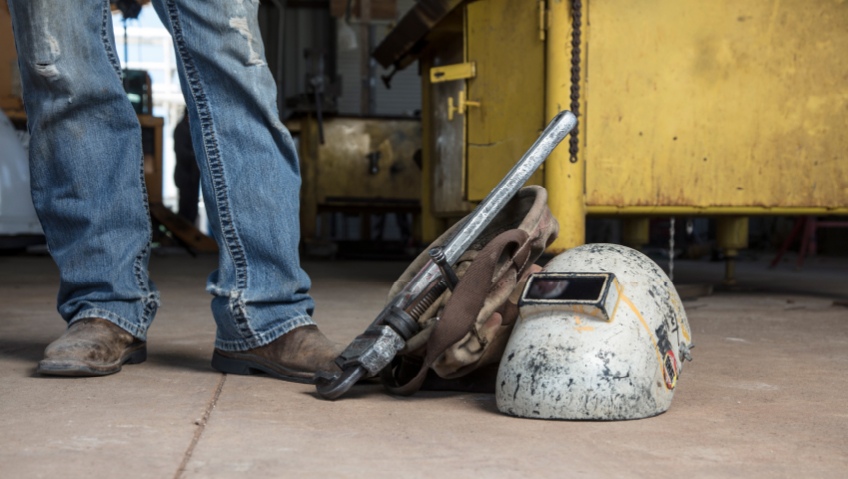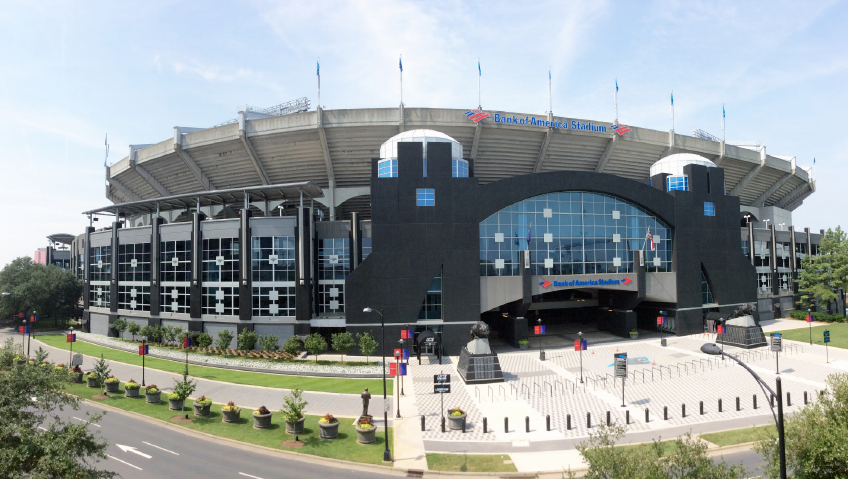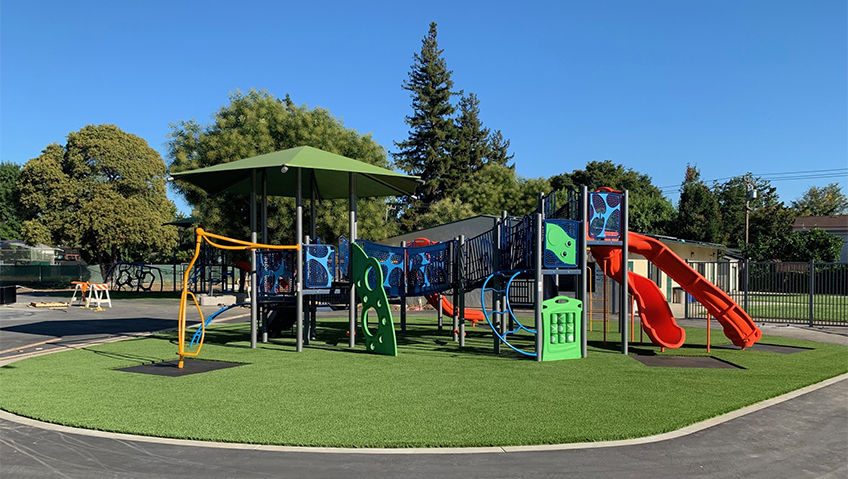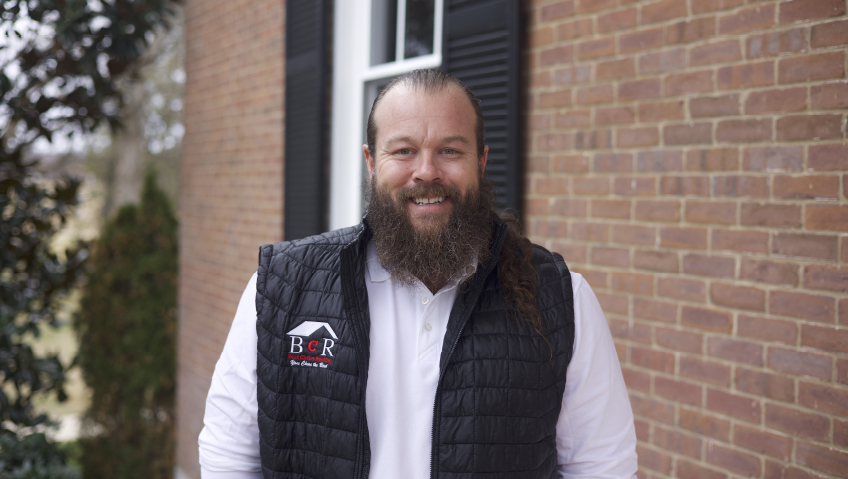Boasting superior productivity, exceptional commitment to its employees, and a safety program unparalleled in the industry, Specialty Welding and Turnarounds (SWAT) implements outstanding execution capabilities for a wide range of services including specialty welding, general mechanical services, project management, cooling towers, catalyst services, and more.
Founded in 2014, this elite and trusted provider of highly specialized turnaround services is based in Baton Rouge, Louisiana. With a national database of more than 10,000 skilled and qualified craft laborers, SWAT works in 17 states. The company also has master service agreements with over 50 U.S. facilities, including some of the major oil refiners and petrochemical suppliers in the world.
On being worthy of SWAT
Along with its dedication to exceptional service, one of the most vital aspects of SWAT’s culture is its personnel. In addition to the supervisors, technicians, and project managers who oversee and manage projects, SWAT employs 7,000 experienced artisans hired only through referrals.
“We pay our people pretty much the most in the industry, which helps to get the best people,” says Chris Husser, Director of Business Development. The company then does everything in its power to keep those people safe.
“Safety is our number one concern,” Husser says. “It’s paramount in our business.”
When asked how the company manages to implement and maintain its exemplary record, he has a simple answer. “To be honest with you, it comes from the people that we have, and it comes from the top down,” starting with founder Johnny Holifield. “It’s been ingrained in our minds—that’s how we do business. It’s just a way of life for us.”
This includes looking out for each other as well. Referring to fellow employees as brothers and sisters comes naturally when spending so much time with your work family, he adds, and such an approach is understandable when you realize what’s at stake.
“We’re in the turnaround business. We work 24 hours a day, seven days a week. We work around the clock; we don’t have time off. We’re proud of our safety record, and we’re proud of the way we do our thing,” he says.
Under the guidance of Safety Director Clint Case, SWAT adheres strictly to the motto of just working hard and getting things done with no complaining.
“We do not complain about anything, because if you do that’ll be your last day to work,” says Husser. “Do not come to management with a problem that is very easily solvable. We all have company credit cards, we all have gas cards, we all have company vehicles; we all have everything [we need]. They give us every tool in the business to do what we have to do. And if we come with some little complaint and a problem, it’ll be your last day. That’s just the way it is.”
Good people get you places
This upfront management style is yielding impressive results. In its 10 years of existence, SWAT has gone from doing $3 million in the first year to $720 million in revenue this past year. The largest turnaround company in the entire country, SWAT had 550 people working in the field during its slowest two weeks over Christmas and, starting in January, that rose to about 3,000.
Those 3,000 will work steadily until the hottest summer months when numbers decrease slightly, and will ramp right back up in August with 3,000 again, all the way to Christmas.
“We are rocking and rolling,” says Husser. “We also have the largest equipment fleet in the country, and we own all of the equipment—our turnaround trailers, extractors, and aerials. We’re the bar. And I don’t mean that in a conceited way. Everybody wants to work at SWAT.”
Employment is exclusive, however; SWAT is the only direct-hire company in the country that does not accept submitted résumés.
“You can’t come to our HR office like every other turnaround company in the world,” Husser says. “People usually go to an office and ask if there are any jobs going, and ‘can you put me to work?’ They give their NCCR certification and their weld stamp and they’re approved—they can start out at Dow Chemical. You can’t do that with SWAT,” he says. “The only way to become an employee of ours is if a SWAT employee brings you in.”
That you have to be referred by an existing SWAT employee to even get a foot in the door reflects the company’s staunch cultural standards relating to accountability. “It’s about safety, productivity, communication, and accountability,” Husser says. “That holds people accountable.”
If an employee refers a potential worker and that worker doesn’t pull their weight for some reason, the SWAT employee is held responsible.
Ultimate accountability
Certainly, accountability and reliability are imperative when it comes to turnaround services. A specialty welding company, SWAT services and performs maintenance on plants that turn crude oil into gasoline and jet fuel during routine shutdowns every six to eight months.
“If they don’t shut down, they’ll explode,” Husser says. Of course, during a shutdown, the client company isn’t making money, so maintenance must be fast and efficient, which is where SWAT’s expertise comes in.
“We come in with anywhere from 100 to 600 people working two shifts around the clock,” says Husser. “We’re replacing pipe, pulling exchangers, cleaning them, fixing leaks, changing the catalysts in these big reactors that turn crude oil into gas. It’s a bad process; it’s some brutal stuff, the chemicals, but that is what we do.”
But SWAT is also in the people business, he adds. Every project manager has two superintendents, who each have four general foremen, who themselves each have about 40 craft-level people who work for them.
“Essentially, it’s a pyramid: project manager, superintendent, general foreman, then what we call the hands—the welders, fitters, boilermakers, machinists, all of those craft-level people out there turning the wrenches and doing the work,” says Husser. “And they’re all working anywhere from 14 to 60 days straight.”
It’s a dangerous job, but it pays well, he adds. While SWAT bills some big companies almost $2 million a day, it’s also paying 500 employees weekly, starting on day one of the turnaround, anywhere from $40 to $90 an hour, with a $120-a-day per diem on top for each person—all of which can lead to cash flow challenges.
“You can imagine doing a 30-day turnaround with 500 people, and you have to fully finance it for the customer before you get your first check,” Husser says. “Cash flow in our industry is a huge obstacle. We have to pay our people who are then going to work.”
Biting the bullet
Another recent challenge was the COVID pandemic, which resulted in every plant shutting down every turnaround.
“Can you imagine how hard that was to get through? When the plants weren’t doing turnarounds, we had no work,” he says. “It was literally, ‘go home. Don’t use any fuel. Don’t charge anything to your credit card,’ and we’re going to hang on for dear life.”
Unfortunately, the plants themselves didn’t shut down, continuing to push work without performing turnarounds, which led to blow-ups, fires, and even workers being killed.
“You can’t keep running the units because they’re just going to blow up. You have to replace things,” Husser emphasizes. “It burns up that pipe so hard. Imagine a piece of pipe that’s one-inch-thick when we install it and when they start the unit backup. Eight months later, that one-inch pipe is about a quarter-inch thick.”
Other ongoing challenges include an influx of new turnaround companies, he adds, because there are more refineries popping up every day.
“And they want to steal your people,” he says. “They’ll offer more money, and maybe give them a brand-new truck, and you can’t fault them. But we have such loyal people. We’ve established ourselves now.”
Instituting an intense work ethic, exemplary service, and diehard loyalty has gone a long way to keeping SWAT on top over the years, and they’re all qualities that everyone involved with the company identifies with and is proud of.
“The second you pull onto the property of SWAT, it’s about the people, period,” says Husser. “I can ask my owner Johnny Holifield to give me one word of why we’re successful, and that’s what he would tell you: people.”
The man who set the pace
Johnny Holifield himself still plays a large role in the success of SWAT, which is now majority-owned by a private equity firm. Two years ago, he tried to retire, counting on the company selling to the next private equity firm.
“Fast forward two years. That didn’t happen. The company just didn’t sell because we were steadily growing and growing and growing,” Husser says. “So now, he’s been back for several months running the operation.”
How he runs his business is how he runs his business and he’s been very successful, Husser adds, but at the end of the day, Holifield puts things out there that need to be done, and employees had better do them or they’ll be looking for a job. This means SWAT employees strive to continually stay safe, work hard, and put work first, all of which have contributed to Holifield’s vision and uncompromising expectations.
“In the turnaround world, that’s essentially what we do all day, every day,” Husser says. “That’s what we do.”
With its uncompromising motto of, “When it matters most, bring in the best,” SWAT’s reputation speaks for itself no matter the job or the conditions.
“If there’s one word that sets us apart from any other company in the world, it’s people,” he adds. “Until you’re in the people business, you don’t understand that to the fullest. Our people are our backbone in the field.”






